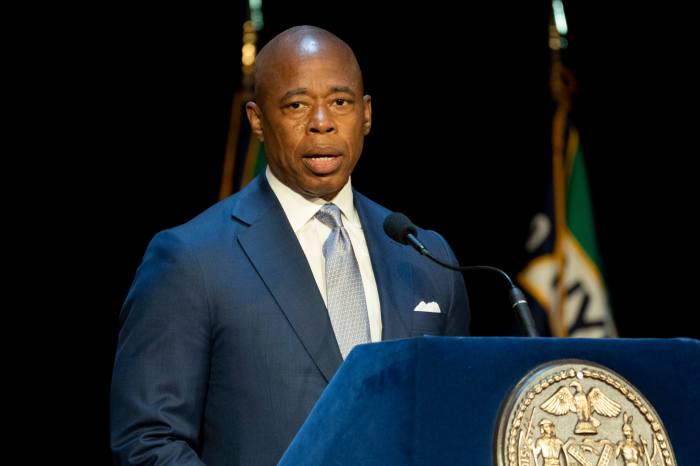This winter, thousands of lucky Canadians have had the honour of carrying the Olympic torch for a kilometre or two.
But Jeff Simpkins has travelled with the flame for thousands of kilometres across Canada and back.
As one of just five torch escorts working the entire relay, this police officer knows how lucky he is. “It’s pretty amazing. It’s neat to see Canada this way.”
Simpkins, 48, is from Belleville, Ont., and thought about joining the police force as a young man. He studied chemistry and worked in research for a few years. Then, about 23 years ago, he walked into a police station in his hometown and applied. “I walked in in October, and started in March. And I’ve never looked back since.”
Working for the Ontario Provincial Police, Simkin’s been stationed across the province, and has been based in Orillia since 2001. He currently works with the Aboriginal Policing Bureau.
On his own time, Simpkins is a runner. He began long distance running when he was in grade 10 and also has never looked back. He does ultramarathons now: Races that go for 50 kilometres or more.
“Most people know me as a bit of a running freak,” says Simpkins.
That’s why one of his senior officers ask him, many months ago, if he would work with the RCMP to escort the flame across Ontario. He accepted, and while doing a training camp for the job, filled out a form that asked if he’d be interested in acting as a commander for the entire run. “I, like most people, said yes, thinking it wasn’t going to happen.”
A week after he got home, he got an email telling him he’d been selected.
He started his job on Oct. 30 in Victoria. His days begin as early as 4:15 a.m.. Simpkins and his team are primarily responsible for the safety of the flame and the bearers. His work varies between running alongside the torch (he can cover as much as 45 km a day), assisting torchbearers, dealing with small tasks that need to be done and riding in the convoy as it drives to the next town.
Days end around 7 p.m. By the time he eats dinner and spends an hour or so planning the schedule for the next day, it’s time for bed by 11 or 12.
He gets little rest and just a few days off here and there, but he’s not exhausted. He knows his last day of work is Feb 12, and then he flies home the next day. “Then it’s back to normal work.”
















